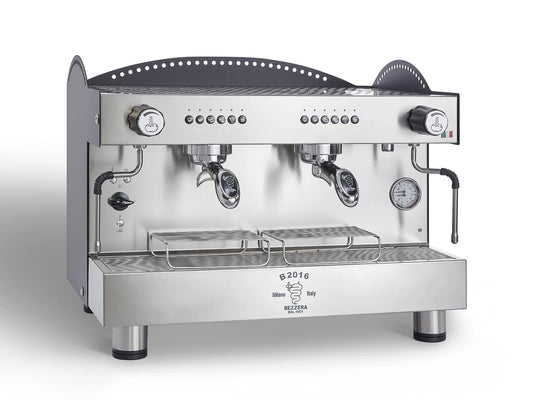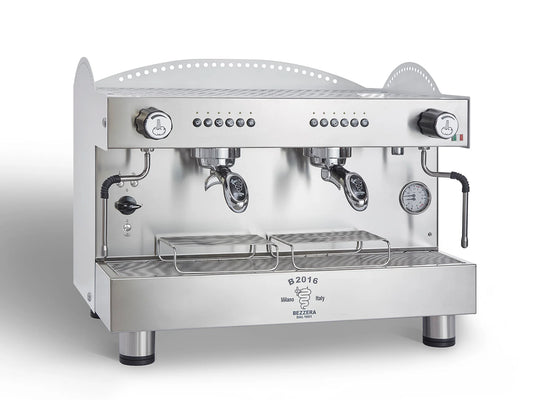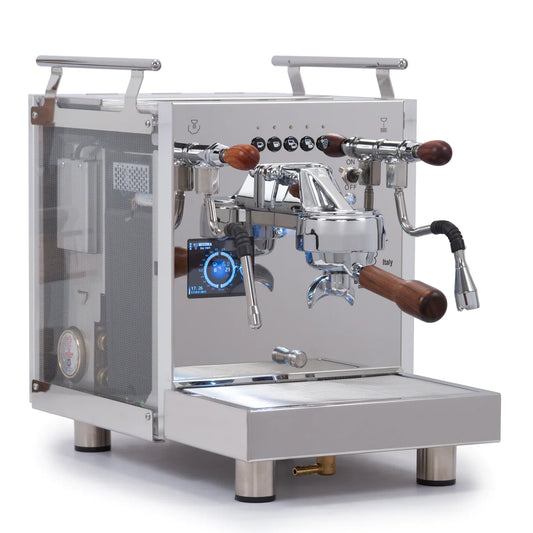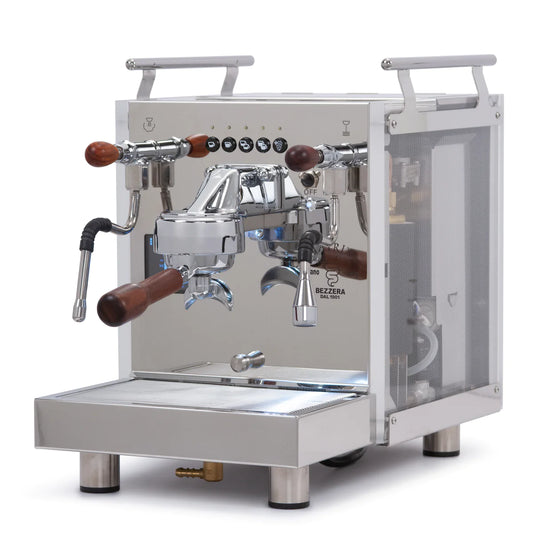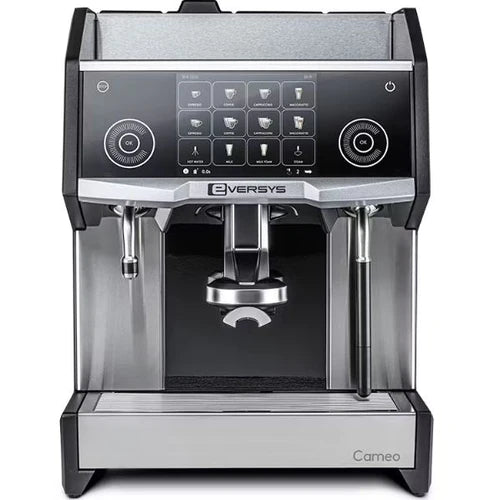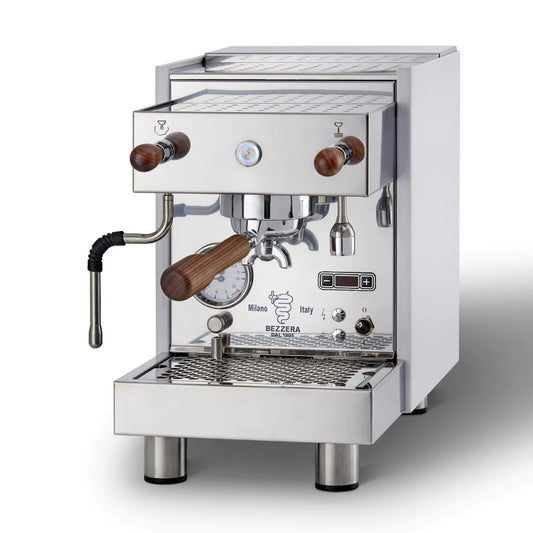The Impact of Conflict on Global Supply Chains: Flex Ltd.'s Ukrainian Factory Targeted
Table of Contents
- Key Highlights:
- Introduction
- Understanding Flex Ltd. and Its Role in Ukraine
- The Missile Strike: Motive and Context
- Dual-Use Technology: The Grey Area of Electronics Manufacturing
- Local and Global Repercussions
- The Political Landscape: Business and Warfare
- Future Implications for Flex Ltd. and the Broader Industry
- Conclusion
Key Highlights:
- A missile strike on Flex Ltd.'s manufacturing facility in Mukachevo, Ukraine, raises questions about the implications for global supply chains amidst the ongoing conflict.
- As a major contract manufacturer, Flex operates behind the scenes, producing items for well-known brands without direct consumer recognition.
- The attack has been interpreted as an attempt to dissuade Western investment in Ukraine, with the facility linked to various consumer products, but not military supplies.
Introduction
On August 21, 2023, the conflict in Ukraine was further highlighted by a missile strike targeting Flex Ltd.'s factory in Mukachevo, an event that brought attention to a company often overlooked in the public discourse surrounding the war. Despite its relevance, Flex, a leading contract manufacturer with no consumer-facing brand, has largely operated in obscurity, crafting electronics and consumer goods for well-known brands like Nike, Lenovo, and Nespresso. This strike serves as a crucial reminder of how the war impacts not just the immediate theater of conflict but also far-reaching global supply chains, investment climates, and international relations. As geopolitical tensions escalate, the ramifications for companies like Flex—and for the international market they serve—could be profound.
Understanding Flex Ltd. and Its Role in Ukraine
Flex Ltd. is one of the world's largest contract manufacturers, sitting at the third position globally behind Foxconn and Pegatron. Established in 1969, the company has focused on providing manufacturing services for other brands rather than selling its own products. The Mukachevo facility, which began operations in 2012, has become a significant part of Flex's global network, employing over 2,000 people and occupying more than 50,000 square meters.
The plant specializes in the assembly of various consumer electronics and appliances, producing items such as Nespresso coffee machines, printer cartridges, electronic shelf labels, and smart home devices. This kind of manufacturing not only showcases the versatility of the facility but also its importance to the local economy.
Since its inception in Ukraine in 2000, Flex has maintained a commitment to producing non-military goods, focusing on consumer and lifestyle products exclusively. With the war continuing to reshape the landscape of industry and investment in Ukraine, the plant’s role has never been more scrutinized. The missile strike is a stark illustration of how the realities of war can suddenly elevate a local factory into a focal point of international concern.
The Missile Strike: Motive and Context
The attack on Flex's Mukachevo facility was broadly condemned, with Ukrainian officials and various organizations decrying the act as a violation of international norms concerning civilian infrastructure. President Volodymyr Zelenskyi stated that the targeted site was dedicated to non-military work, reinforcing the argument that Russia's strike was not only an attack on a civilian workplace but also a strategic maneuver aimed at undermining Ukraine's economic stability.
Analysts from institutions like the Institute for the Study of War have posited that the strike serves a dual purpose: it sends a message to Western investors about the risks of operating in Ukraine while also playing into the narrative that Russia seeks to suppress Ukrainian sovereignty and deter foreign support. By attacking a facility connected to international brands, Russia might aim to create fear and uncertainty among foreign investors, thereby reinforcing its position in the ongoing conflict.
Dual-Use Technology: The Grey Area of Electronics Manufacturing
The incident also underscores the complexities associated with dual-use technologies—products that can serve both civilian and military purposes. While Flex Ltd.'s output is strictly consumer-oriented, the technologies utilized in manufacturing circuit boards and wiring harnesses have potential military applications. This creates a fertile ground for misinterpretation and manipulation in the propaganda war surrounding the conflict.
Russia may cite the manufacturing capabilities present at the Mukachevo plant to justify its strike, leveraging the ambiguity that surrounds dual-use technologies. This situation brings to light significant ethical dilemmas about how international businesses conduct operations in conflict zones and the broader implications for global supply chains.
The nuances of these technologies reveal the delicate balance that companies must strike between operational integrity and geopolitical realities. For Flex, the ongoing conflict necessitates a careful navigation of political landscapes, aligning its messaging to maintain customer trust while also addressing security concerns.
Local and Global Repercussions
Flex Ltd.'s quiet resilience amidst this crisis highlights the larger struggles faced by companies operating in Ukraine and, by extension, Eastern Europe as a whole. As geopolitical tensions rise, manufacturers are grappling with interruptions and uncertainties that affect their supply chains and production lines. There is a substantial risk that more companies will face operational disruptions similar to what Flex experienced.
The Mukachevo incident exemplifies how local occurrences can resonate across the globe, affecting not just labor and employment but also the market positioning of international brands associated with the conflict. The longer the war persists, the more complicated the world of supply chains becomes, with businesses needing to adapt to rapidly changing circumstances.
Faced with this upheaval, multinational companies are forced to rethink their strategies and the locations of their operations. Many are already considering relocating their manufacturing footprint to countries perceived as more politically stable. However, this brings forth new challenges, such as finding suitable labor markets, navigating trade regulations, and ensuring continuity in their logistical frameworks.
The Political Landscape: Business and Warfare
The intersection of business operations and warfare paints a complex picture of the contemporary political landscape. The missile strike on Flex Ltd.'s facility is more than just a local event; it embodies the ongoing struggle for Western investment in Ukraine and the challenges that local businesses face in a war-torn economy.
Political responses to such attacks can vary widely, with governmental and organizational supporters emphasizing international solidarity with Ukraine. The American Chamber of Commerce in Ukraine has been vocal in condemning the attack, underscoring the consensus within the business community regarding the need to protect civilian infrastructure in war.
As Western nations grapple with sanctions against Russia and support for Ukraine, companies like Flex must navigate not only immediate operational concerns but also broader repercussions stemming from international actions. The plant's situation illustrates how corporate interests must align with national and international policies, often in dynamically changing environments.
Future Implications for Flex Ltd. and the Broader Industry
The strike against the Flex facility in Mukachevo has significant implications for the company as well as the broader industry. For Flex, it highlights the inherent vulnerabilities of operating in regions that are embroiled in conflict. Their response to the attack—not only in terms of operational continuity but also regarding public relations—will be a critical test of their resilience.
Industry-wide, this event raises questions about the security protocols and risk management strategies that manufacturers need to adopt when operating in volatile regions. Future investments by international firms will likely come with heightened scrutiny and a reevaluation of risk versus reward in areas with ongoing conflicts.
The potential for continued unrest in Ukraine means that companies must develop contingency plans not just for immediate operational challenges but also for long-term strategic positioning. This includes considering alternatives to traditional manufacturing bases and assessing new technologies that could insulate them from the risks of geopolitical instability.
Conclusion
Flex Ltd.'s experience in Ukraine underscores the intertwining of global economies and local conflicts, providing a poignant example of how a single missile strike can ripple throughout industries and international relations. As the world becomes increasingly interconnected, the need for companies to adapt to these geopolitical realities will only intensify.
With the ongoing war in Ukraine illustrating the fragility of global supply chains, manufacturers across all sectors must remain vigilant. While the immediate aftermath of such events can seem localized, their effects are far-reaching—extending into the very fabric of international trade, investment, and geopolitics.
FAQ
What products are manufactured at the Flex facility in Mukachevo?
The Flex plant in Mukachevo is primarily engaged in producing consumer and lifestyle products, including Nespresso coffee machines, printer cartridges, electronic shelf labels, and smart home devices.
How many people does Flex employ at its Mukachevo plant?
The Mukachevo site employs over 2,000 individuals.
What was the political response to the missile strike on the Flex factory?
Ukrainian officials and the American Chamber of Commerce in Ukraine condemned the attack, emphasizing the need to protect civilian infrastructure amid the ongoing conflict.
Why was the strike considered a broader message against Western investment in Ukraine?
Analysts suggested that Russia's attack aimed to discourage foreign businesses from investing in Ukraine, thereby undermining the nation's economic stability and sovereignty.
How does the attack reflect on the global supply chain?
The missile strike illustrates the vulnerabilities present in global supply chains, especially in regions affected by conflict. It raises questions about operational risks and the future of manufacturing in politically unstable areas.

